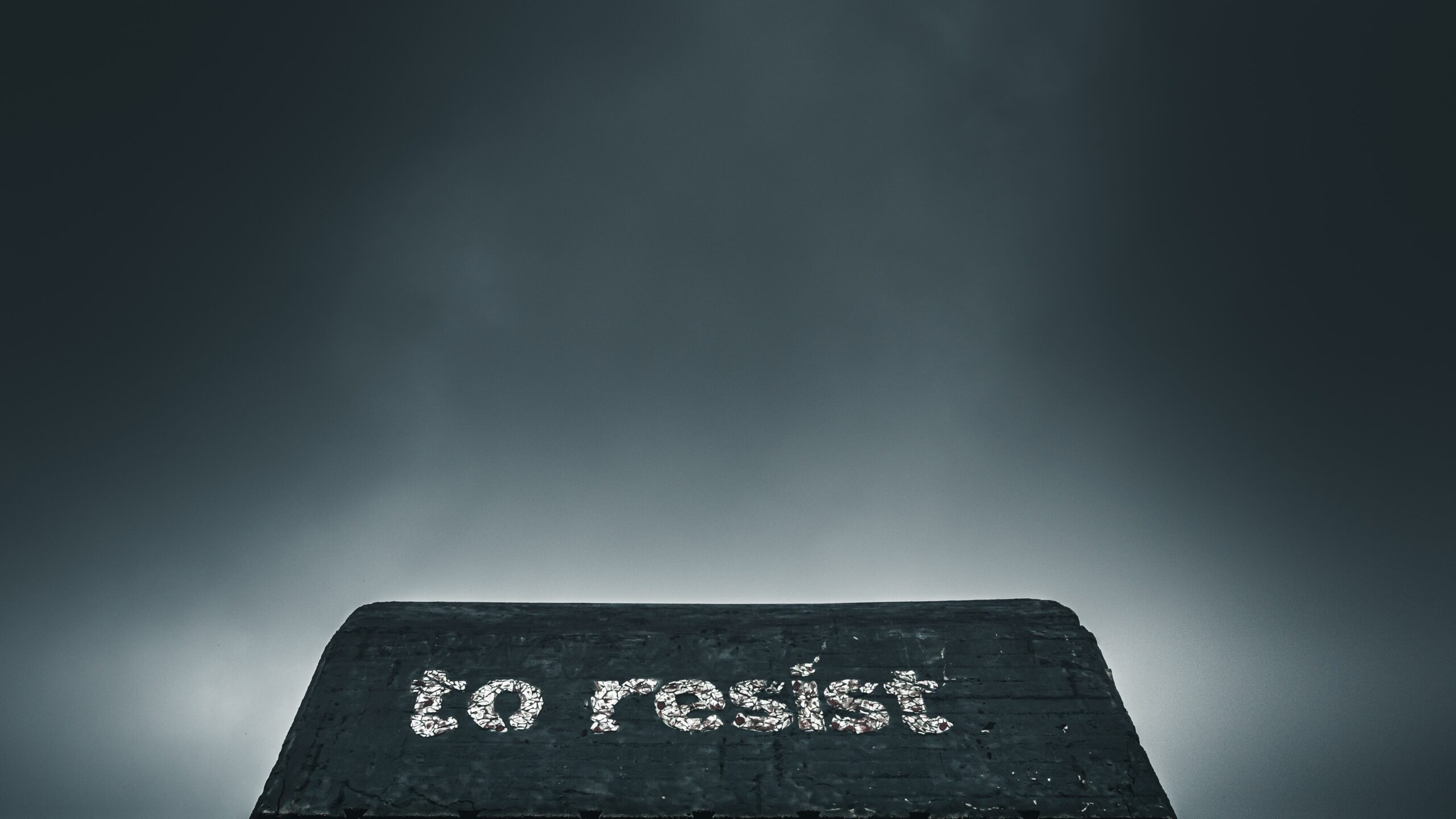We’ve talked a lot this semester about why privacy on the internet is important…but maybe you’re still not convinced. You may still be subscribing to the policy of “having nothing to hide”, feeling that if you have nothing illegal to hide, then you shouldn’t be concerned about privacy. Carissa Véliz’s article “Privacy is power” does a fantastic job at telling you why you should care about privacy, if not for yourself, then at least for others.
Why your privacy is important
You may not think of yourself as a particularly important person in the grand scheme of things. Lack of privacy gives others power over you, but you may not feel that you’re at all important enough for businesses and governments to spy on you. But regardless of who you are, that’s exactly what they’re doing. Companies fight for your attention, your money, your hireability. They want access to your contacts because you are “a node in a network”, as Véliz says, and they’d like to use you to access others. You have a voice and a vote, and foreign and national forces want to influence that. You are a source of power, and your data is important to companies not just because it can be sold, but because they can use it to influence you (via targeted ads) and to predict your behavior.
Data is power
“Powerful people and institutions make us act and think in ways in which we would not act and think were it not for their influence,” Véliz tells us in her article. If they fail to influence us, they can exercise force upon us. We’ve probably all heard the idea that knowledge is power. When others have access to our data, they become empowered with knowledge about us. The more someone knows about us, the more they can influence us, and/or predict our next moves. “Privacy power is a distinct type of power, but it also allows those who hold it the possibility of transforming it into economic, political and other kinds of power.”
Even non-profits, entities we view as being for the people, have to give in to the data economy. Jennifer Bay and Rachel Atherton discuss in a paper how non-profits have to provide “evidence” of their impact on people. This goes for places like the academy as well, and this concept is termed the “data imperative,” i.e. a push towards collecting measurable data to demonstrate success. It can be difficult for non-profits to provide data that both protects the privacy and dignity of individuals while also displaying “success,” whatever that may mean to a data standpoint. It’s impossible to reduce human beings down to numbers in any meaningful way. At the same time, unethical use of data can harm human beings in very real ways.
If not for yourself, then do it for others
Even if you still don’t care about your own privacy, don’t mind if companies are manipulating you and selling your information to the highest bidder, you should still think about others. Véliz tells us “privacy is both personal and collecting. When you expose your privacy, you put us all at risk.” Privacy allows us to live in a democracy by giving power to the people, allowing us freedom to speak our minds, associate with who we want, and read what we want. For the good of everyone around you, protect your privacy. Choose products that value privacy, download privacy extensions on browsers, change settings, employ obfuscation. Just as importantly, talk to others about online data privacy. Spread the word and make your discontent clear.





Leave a Reply